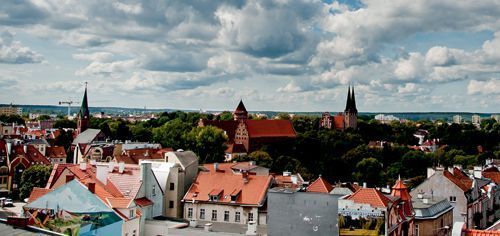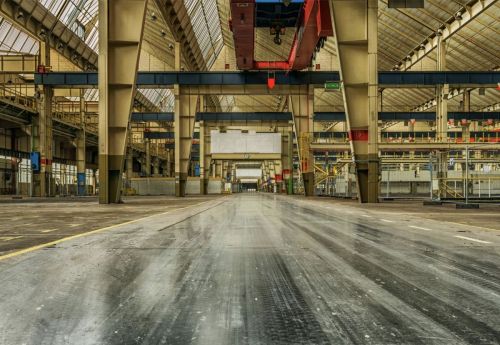Ewa Gadomska, the city’s chief architect and the coordinator of the Olsztyn downtown modernisation project, is now working on the concept. “The renovated, sparkling with life city centre will be an incentive increasing Olsztyn’s competitiveness by improving the quality of life and the conditions for operating businesses,” is how Ewa Gadomska explains the rationale behind the improvements. The proposed changes will not only include the redevelopment of traffic routes but also the city’s public transportation systems. “None of those contributing to the traffic, whether pedestrians, cyclists, drivers or public transport users, can be discriminated against. However, we aim to make walking around the centre of Olsztyn particularly attractive. We will facilitate this by providing large areas of public space with parks, historic monuments and squares, as well as retail and services,” she adds.
More retail and services on the streets
The modernisation project





























































